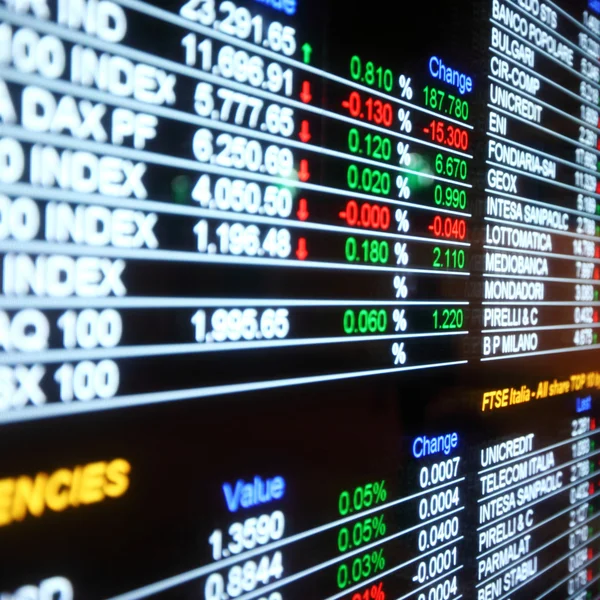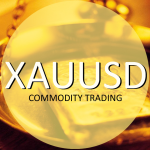Asian stocks are uneasy after the Fed, as Chinese markets reopen. Investors ponder about rising interest rates while searching for hints and guidance
Asian markets traded in a narrow range on Thursday
On Thursday, most Asian stock markets maintained a narrow range as investors considered rising interest rates and a deteriorating economic outlook; but, robust festive spending data from China buoyed local equities.
Shanghai Composite index in China increased 0.6%, but Shanghai Shenzhen CSI 300 index declines were kept to a minimum. Following the “Golden Week” vacation. After the nation lifted its anti-COVID limits earlier this year. Recent statistics indicated that travel and purchasing demand spiked over the holiday. As a result, consumer and financial stocks saw the largest gains for the day.
Thursday stock market performance
This confidence helped the Hang Seng index rise 0.9% on robust advances in domestic equities of Chinese-listed companies. Along with the Fed, the Hong Kong Monetary Authority increased interest rates on Thursday.
Other information, though, continued to suggest a sluggish economic turnaround in China. According to a private study, China’s manufacturing sector surprisingly contracted in April. A sign that the main drivers of the economy were still struggling due to weak demand. The CSI 300 fell as a result, as did losses in Chinese blue-chip industrial companies.
Following a weak lead-in from Wall Street after the Fed raised interest rates as anticipated, broader Asian markets moved in a flat to low range.
Taiwan’s Weighted index increased by 0.2% while South Korea’s KOSPI declined by 0.3 percent. While Indian stock indices Nifty 50 and BSE Sensex 30 were level in early trade, Philippine stocks contributed gains in Southeast Asia with a 0.6% increase.
Strong retail sales and trade balance statistics this week suggested greater room for the Fed to keep hiking interest rates, which caused Australia’s ASX 200 index to decline by 0.1%.
US Fed toned down its hawkish language but still warns of inflation leftovers
While Jerome Powell, the chair of the Fed, reiterated that interest rates may continue to increase more if inflation remains obstinate. The Fed did appear to have toned down some of its aggressive language, implying that it might pause in its rate rise cycle.
Powell also cautioned that the U.S. economy’s growth was swiftly slowing, raising worries about an impending downturn this year. The enthusiasm toward risky assets was dampened by the alert, whereas safe havens like gold reached record levels.









